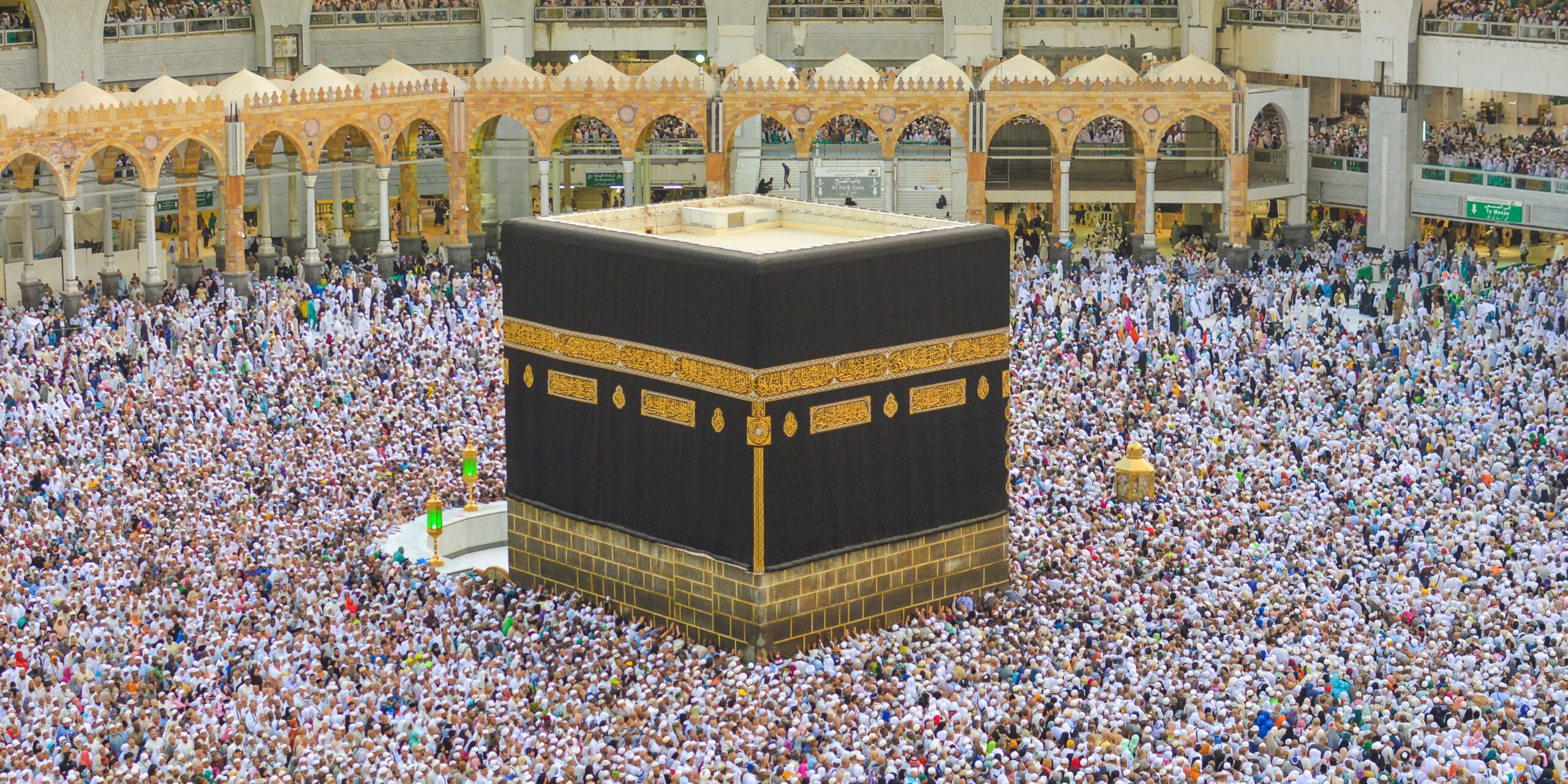Introduction to Hajj
Hajj is the fifth pillar of Islam and one of the most significant acts of worship that a Muslim can perform. It is an obligatory pilgrimage that every Muslim must undertake at least once in their lifetime, provided they are physically and financially able. Hajj takes place annually in the Islamic month of Dhul-Hijjah, drawing millions of Muslims from around the globe to the holy city of Makkah, Saudi Arabia. This profound spiritual journey serves as a demonstration of the solidarity of the Muslim Ummah and their submission to Allah.
The Significance of Hajj
Hajj holds a unique and paramount place in Islam. It commemorates the trials and triumphs of the Prophet Ibrahim (Abraham), his wife Hajar (Hagar), and their son Isma’il (Ishmael). The rituals of Hajj are deeply rooted in the history and traditions of Islam, symbolizing the unity of Muslims and their devotion to Allah. For many, Hajj represents the pinnacle of their spiritual lives, offering an opportunity for repentance, purification, and renewal of faith. It is a journey that transcends time and space, connecting the pilgrim with the profound legacy of the Prophets.
The Rituals of Hajj
The rituals of Hajj are performed over five to six days, beginning on the 8th day of Dhul-Hijjah and concluding on the 13th day. Each ritual carries deep spiritual significance:
- Ihram: The pilgrimage begins with the state of Ihram, where pilgrims don simple, white garments. This act signifies purity, humility, and the equality of all believers before Allah. Pilgrims enter into a state of spiritual readiness, reciting the Talbiyah, and making the intention (Niyyah) to perform Hajj.
- Tawaf: Upon arrival in Makkah, pilgrims perform Tawaf, which involves circling the Kaaba seven times in a counterclockwise direction. The Kaaba, the most sacred site in Islam, is the focal point of Muslim prayer worldwide. Tawaf represents the unity of believers in the worship of the One God.
- Sa’i: Following Tawaf, pilgrims perform Sa’i, the act of walking seven times between the hills of Safa and Marwah. This ritual commemorates Hajar’s desperate search for water for her son Isma’il and symbolizes perseverance, faith, and reliance on Allah.
- Arafat: The Day of Arafat, on the 9th of Dhul-Hijjah, is the pinnacle of Hajj. Pilgrims gather on the plains of Arafat to stand in prayer, seeking forgiveness and making heartfelt supplications. This day is considered the most important day of the pilgrimage, as standing at Arafat is a key component of Hajj.
- Muzdalifah: After sunset on the Day of Arafat, pilgrims travel to Muzdalifah, where they spend the night under the open sky. Here, they collect pebbles for the ritual of Rami.
- Rami al-Jamarat: On the 10th day of Dhul-Hijjah, pilgrims perform Rami, the symbolic stoning of the devil, by throwing pebbles at three pillars in Mina. This act commemorates the rejection of Satan by Prophet Ibrahim and his family.
- Qurbani: After Rami, pilgrims perform the act of Qurbani, the sacrifice of an animal, in remembrance of the willingness of Prophet Ibrahim to sacrifice his son in obedience to Allah’s command. The meat from the sacrifice is distributed to the poor and needy.
- Tawaf al-Ifadah: Pilgrims return to the Kaaba to perform Tawaf al-Ifadah, another circumambulation of the Kaaba, symbolizing their renewed spiritual state after the completion of the major rituals of Hajj.
- Halq or Taqsir: Pilgrims conclude their Hajj by cutting a portion of their hair (Taqsir) or shaving their heads (Halq) for men. This act symbolizes a fresh start and a purification of the soul.
The Spiritual Impact of Hajj
Hajj is not merely a physical journey; it is a profound spiritual experience that leaves an indelible mark on the heart and soul of the pilgrim. The pilgrimage fosters a deep sense of humility, gratitude, and closeness to Allah. It is an opportunity to cleanse oneself of past sins, renew one’s faith, and commit to a life of greater piety and obedience to Allah’s commands.
For many Muslims, the experience of Hajj is transformative, bringing about a heightened sense of spirituality, a deeper understanding of their faith, and a stronger connection with the global Muslim community. The sense of unity, brotherhood, and equality that is felt during Hajj is unparalleled, as Muslims from all walks of life come together to worship Allah as one.
Preparing for Hajj
Preparation for Hajj begins long before the journey itself. It involves not only the practical arrangements—such as securing travel documents, vaccinations, and necessary provisions—but also spiritual and mental preparation. Pilgrims are encouraged to seek forgiveness from others, settle debts, and engage in sincere repentance and prayer in the lead-up to their pilgrimage.
Conclusion
Hajj is the journey of a lifetime, a profound spiritual experience that fulfills a deep religious obligation. It is a pilgrimage that offers immense rewards, both in this life and the Hereafter. For those who undertake it with sincerity and devotion, Hajj serves as a source of spiritual renewal, a reaffirmation of faith, and a demonstration of the unity and equality of the Muslim Ummah.
For more information on planning your Hajj, please feel free to contact us. May your journey be blessed, and may your Hajj be accepted by Allah

